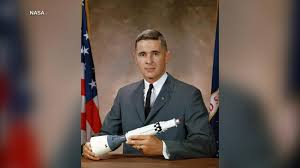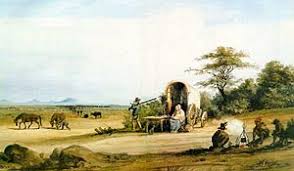On June 7, the world bid farewell to retired astronaut William Anders, a trailblazer in space exploration. Anders, renowned for capturing the iconic “Earthrise” photo during NASA’s Apollo 8 mission, tragically passed away in a plane crash in Washington state. Let’s delve into the remarkable life and achievements of this space pioneer.
About William Anders
William Anders, born on Oct. 17, 1933, in Hong Kong, led a life of extraordinary accomplishment. As a devoted family man with four sons and two daughters, he balanced his personal life with a stellar career in aerospace. Anders served as the backup pilot for the Gemini XI and Apollo 11 missions, making significant contributions to space exploration.
Exploring Anders’ Achievements
Journey to the Moon: Apollo 8 Mission
A graduate of the U.S. Naval Academy and a distinguished Air Force pilot, Anders joined NASA in 1963. His momentous journey to space began on Dec. 21, 1968, when Apollo 8 embarked on the first crewed mission to orbit the moon. Despite being the “rookie” on the crew, Anders, alongside Frank Borman and James Lovell, rose to the occasion, facing the challenges of this historic mission with courage and determination.
Capturing History: The Earthrise Photo
During the Apollo 8 mission, Anders immortalized a pivotal moment in human history by capturing the breathtaking “Earthrise” photo. This iconic image, depicting Earth rising over the lunar horizon, remains a symbol of mankind’s exploration of space and our interconnectedness with the cosmos.
Reflecting on Apollo 8 and Beyond
Significance of Apollo 8 Mission
Launched 55 years ago on Dec. 21, 1968, the Apollo 8 mission marked a significant milestone in space exploration. Anders, serving as the lunar module pilot, played a crucial role in the success of this mission, paving the way for future lunar expeditions.
Legacy of Apollo 11 Mission
The historic Apollo 8 mission set the stage for the monumental Apollo 11 lunar landing, which followed seven months later. Anders, Borman, and Lovell were hailed as national heroes, their mission symbolizing American triumph in the Cold War space race and inspiring a nation grappling with turmoil and uncertainty.
William Anders’ legacy transcends the boundaries of space and time, leaving an indelible mark on humanity’s quest for knowledge and exploration. As we mourn his loss, we celebrate his remarkable contributions to science and his enduring spirit of adventure.








